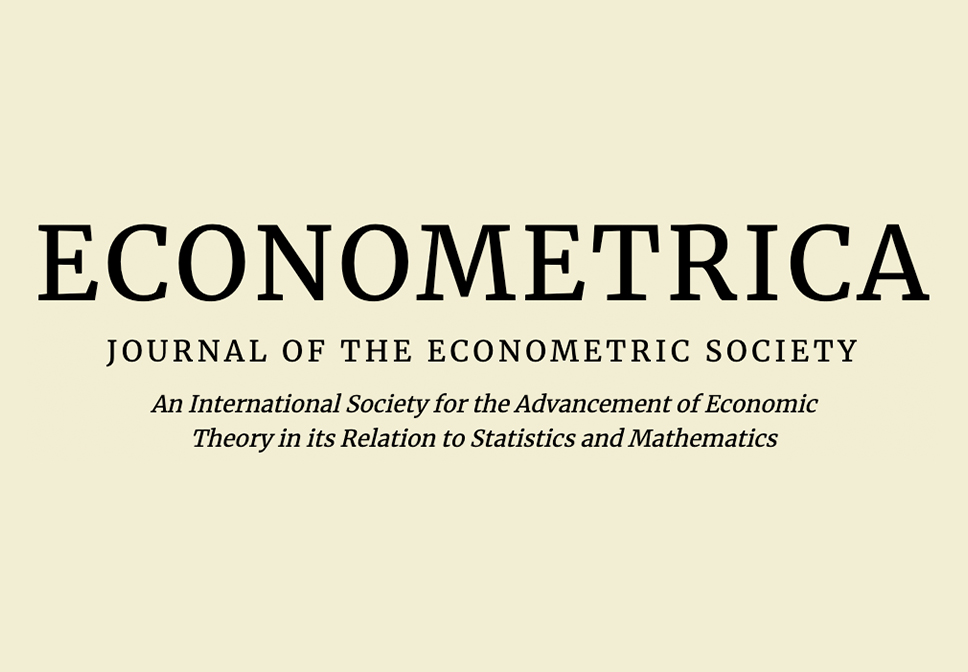In Memoriam: Jonathan Eaton (PhD ’76), Renowned International Economist
The Department of Economics is saddened by the death of Jonathan Eaton, a Yale alum (PhD ’76) and member of the Faculty from 1981 to 1984.

Throughout his esteemed career, Eaton taught at Princeton, Yale, University of Virginia, Boston University, New York University, and Brown. Since 2009, He was the Distinguished Professor of Economics at Penn State University, where he remained an active educator and researcher.
He made wide-ranging contributions across the field of international economics. He was celebrated for his integration of trade, technological change, and the factors that can lead to comparative advantage and specialization. He contributed to the analysis of sovereign debt, industrial policy, tariffs, and many other issues.
He was a Research Associate at the National Bureau of Economic Research, a Fellow of the Econometric Society, a Member of the American Academy of Arts and Sciences, and, for many years, Editor of the Journal of International Economics.

Eaton delivering the Keynote Address at the SMU-NUS Joint Trade Workshop 2016, titled: "Obstfeld and Rogoff's International Macro Puzzles: A Quantitative Assessment.”
Together with frequent co-author Samuel Kortum—the James Burrows Moffatt Professor of Economics at Yale—he is the recipient of the prestigious Frisch Medal. They received the award in 2004 for their paper titled “Technology, Geography, and Trade.” Eaton and Kortum also received the Onassis Prize for International Trade in 2018, awarded every three years to leading scholars in the field of International Trade.
Econometrica, Vol. 70, No. 5
 Technology, Geography, and Trade
Technology, Geography, and Trade
by Jonathan Eaton and Samuel Kortum
September 2002
According to Kortum,
“Jonathan was impressed by fresh ideas and sound economic reasoning, not by prestige or status. You couldn’t get a result past him until he understood how to derive it, either from the theory or the data. He stayed intellectually youthful to the very end.”
Eaton's greatest joy was interacting with students and junior faculty. He was thoroughly devoted to his work and leaves a legacy of numerous graduate students who have gone on to lead the field of economics at universities and research institutions around the world.
Many colleagues and former students shared tributes on X:

Eaton at the SMU-NUS Joint Trade Workshop 2016.
This article draws on Eaton’s NYtimes Obituary, as well as commentary from NBER President James Poterba.